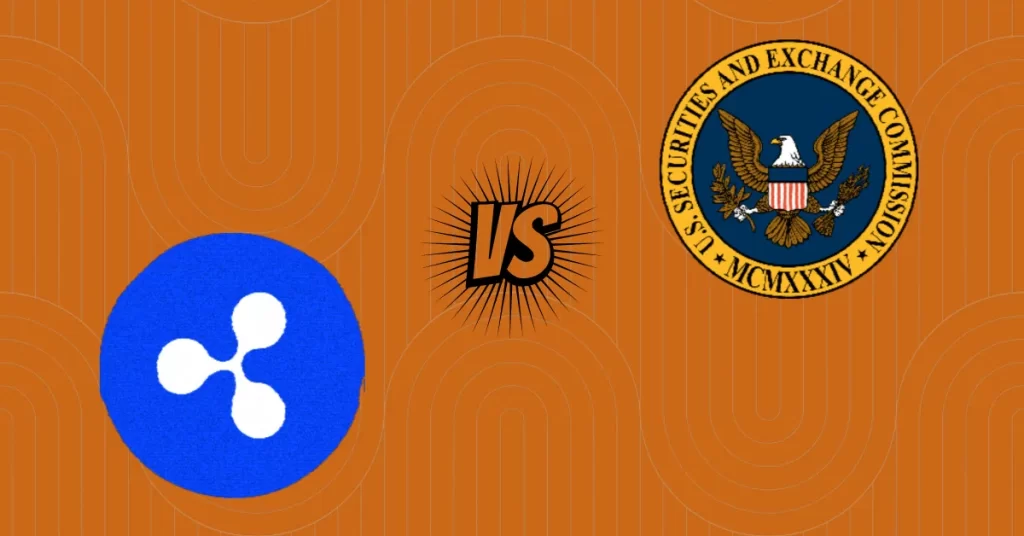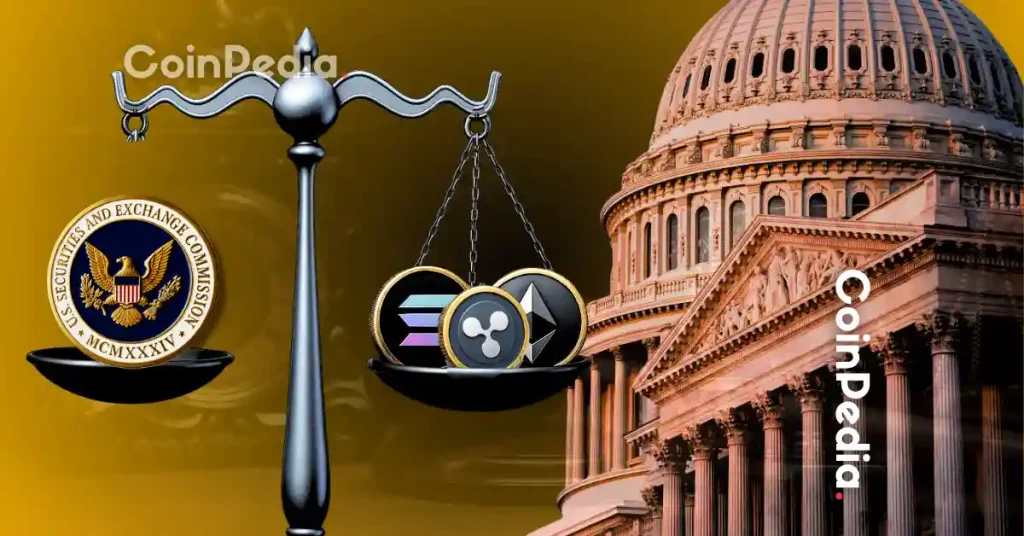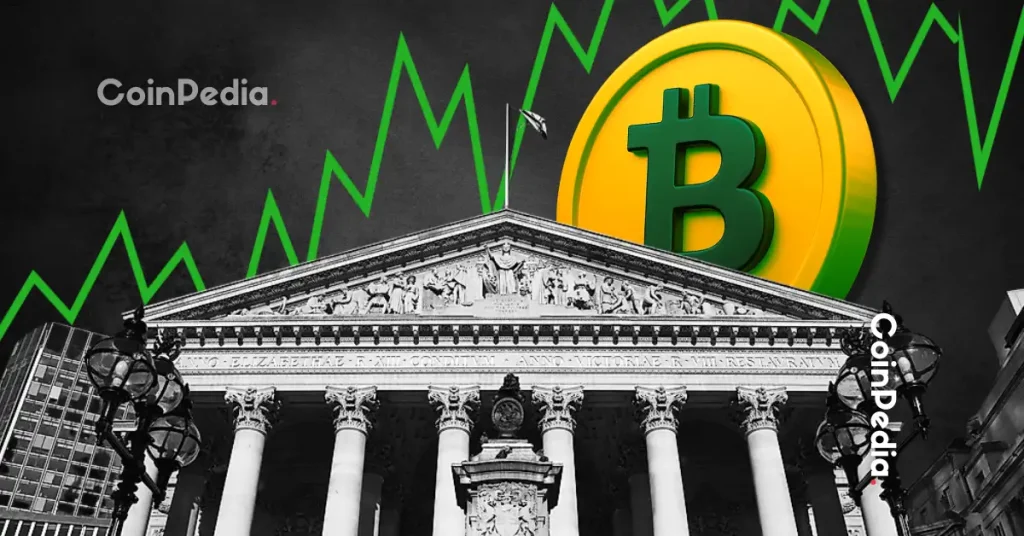
The post Analyzing Deaton’s Claim on XRP’s Security Status in Ripple vs. SEC Lawsuit appeared first on Coinpedia Fintech News
The status of XRP has been a subject of significant attention recently. The SEC has stated that it is a security, while Ripple contends that it is a token. This dispute forms the central issue in the ongoing lawsuit between Ripple and the SEC.
Attorney Deaton, a prominent lawyer supporting XRP, expressed in a recent tweet that regardless of whether Ripple sold the coin to specific buyers as an investment contract, XRP should not be considered a security.
Investor Reactions and Concerns Surrounding XRP’s Purchase Based on Ripple’s Board Expertise
Attorney John Deaton, the founder of CryptoLaw, has discussed the situation of investors who bought XRP based on the expertise of Ripple’s board. Deaton highlighted that a significant number of investors, about 52% of over 10,000 individuals he communicated with, claimed they were unaware of Ripple when they initially purchased XRP. This statement sparked reactions within the XRP community.
One community member, Caesar Korvinus, expressed concern about his own situation as an early investor who was aware of Ripple and its board members. Korvinus mentioned that he invested in XRP in 2016 because of the reputation of those on the company’s Board of Directors and the knowledge of Ripple’s CTO, David Schwartz.
SEC’s Potential Arguments on XRP’s Classification as a Security And Meeting Howey’s Test
In response to Caesar Korvinus’ concerns about his XRP investment based on his knowledge of Ripple’s board members, attorney John Deaton raised an important point. Deaton stated that if Ripple had direct involvement with Korvinus and sold XRP to him, the SEC could argue that the Howey test, which determines whether an investment is a security, was met.
Deaton outlined three potential arguments that the SEC could make based on the scenario described by Korvinus. Firstly, by purchasing XRP using the same method, Korvinus and other early investors provided funds to Ripple. Secondly, they could be seen as entering into a common enterprise with Ripple through vertical commonality. Lastly, it could be established that Korvinus and other investors were anticipating profits from the efforts of Ripple’s board members, including David Schwartz.
Deaton’s Explanation Of Why XRP Is Not Security
Deaton clarified that the situation is distinct if the user did not directly purchase XRP from Ripple. Furthermore, Deaton stated that if Korvinus bought XRP from Ripple for non-investment purposes, then the Howey test, which determines whether an investment is a security, would not be applicable.
The prominent lawyer emphasized that even if Ripple sold an investment contract to Korvinus using XRP as the underlying asset, it does not categorize XRP itself as a security.
John Deaton, expresses confidence that Judge Analisa Torres will address the matter of XRP secondary market transactions in her forthcoming ruling.

 2 years ago
117
2 years ago
117
 to ripple for XRP; 2) you entered into a common enterprise with…
to ripple for XRP; 2) you entered into a common enterprise with… 













 English (US) ·
English (US) ·